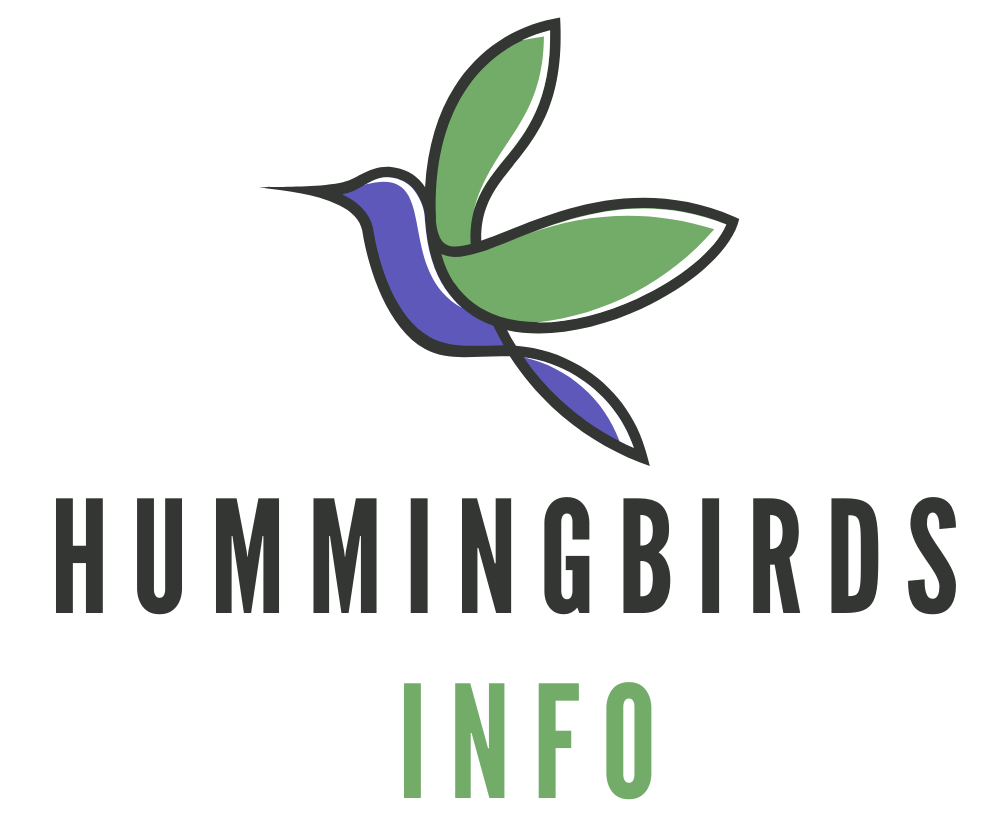do hummingbirds eat mosquitoes? This is a question that many people have asked, and the answer is yes! Hummingbirds are small birds that feed on nectar from flowers, but they also eat small insects, including mosquitoes. Hummingbirds are important pollinators and can help to reduce the number of mosquitoes in an area. In this article, we will discuss the diet of hummingbirds, how they eat mosquitoes, and the benefits of having hummingbirds around.
What Do Hummingbirds Eat Besides Mosquitoes?
Hummingbirds are small, colorful birds that are found in many parts of the world. They are known for their ability to hover in mid-air and for their long, thin beaks. While hummingbirds do eat mosquitoes, they also feed on a variety of other insects and spiders. In addition, they consume nectar from flowers, tree sap, and even small fruits.
Hummingbirds have a unique digestive system that allows them to extract the maximum amount of energy from their food. They feed on nectar from a variety of flowers, including columbines, lilies, and petunias. They also feed on tree sap from conifers and deciduous trees. Hummingbirds also consume small fruits, such as blueberries, raspberries, and blackberries.
In addition to nectar and fruit, hummingbirds also feed on a variety of insects and spiders. They eat aphids, moths, beetles, and other small insects. They also feed on spiders, which they capture with their long beaks.
Hummingbirds also consume a variety of other foods, including sugar water, honey, and even small pieces of fruit. They also eat a special type of food called “hummingbird food”, which is a mixture of sugar and water. This food is often sold in stores and is designed to attract hummingbirds to feeders.
Hummingbirds are important pollinators, as they help to spread pollen from flower to flower. They are also important predators, as they help to keep insect populations in check. By providing a variety of food sources, we can help to ensure that hummingbirds remain a part of our natural environment.
How to Attract Hummingbirds to Your Garden
Hummingbirds are a delight to watch in the garden, and attracting them to your outdoor space can be a rewarding experience. To make your garden a hummingbird haven, there are a few steps you can take.
First, provide a source of food. Hummingbirds feed on nectar from flowers, so planting a variety of flowers that produce nectar is essential. Some of the best flowers for attracting hummingbirds include columbine, bee balm, petunias, and trumpet vine. You can also provide a hummingbird feeder filled with a sugar water solution.
Second, provide a source of water. Hummingbirds need water to drink and bathe in, so adding a birdbath or fountain to your garden is a great way to attract them.
Third, provide shelter. Hummingbirds need a safe place to rest and nest, so adding shrubs and trees to your garden is a great way to provide them with shelter.
Finally, reduce the use of pesticides and herbicides. These chemicals can be harmful to hummingbirds, so it is important to avoid using them in your garden.
By following these steps, you can create a hummingbird-friendly garden that will attract these beautiful birds.
The Benefits of Having Hummingbirds in Your Yard
Hummingbirds are a delightful addition to any garden or yard. These tiny birds are known for their vibrant colors and their ability to hover in mid-air as they sip nectar from flowers. Having hummingbirds in your yard can bring a variety of benefits, from providing a source of entertainment to helping to pollinate your plants.
One of the most obvious benefits of having hummingbirds in your yard is the sheer joy of watching them. Hummingbirds are incredibly agile and can move in a variety of directions with ease. Watching them flit from flower to flower can be a mesmerizing experience. Additionally, hummingbirds are known for their vibrant colors, which can add a splash of color to your garden.
Another benefit of having hummingbirds in your yard is that they can help to pollinate your plants. Hummingbirds feed on nectar from flowers, and in the process, they transfer pollen from one flower to another. This helps to ensure that your plants are able to reproduce and thrive.
Finally, having hummingbirds in your yard can help to attract other wildlife. Hummingbirds are a food source for other animals, such as bats and some species of birds. This can help to create a more diverse and vibrant ecosystem in your yard.
In conclusion, having hummingbirds in your yard can bring a variety of benefits. From providing a source of entertainment to helping to pollinate your plants, these tiny birds can be a delightful addition to any garden or yard.
Q&A
1. do hummingbirds eat mosquitoes?
No, hummingbirds do not eat mosquitoes. Hummingbirds feed on nectar from flowers and small insects such as aphids, gnats, and spiders.
2. What Do Hummingbirds Eat Instead of Mosquitoes?
Hummingbirds feed on nectar from flowers and small insects such as aphids, gnats, and spiders. They also eat small amounts of tree sap and fruit.
3. How Do Hummingbirds Catch Insects?
Hummingbirds catch insects by hovering in the air and quickly darting out their long beaks to snatch them up. They also use their long tongues to lap up nectar from flowers.
Conclusion
In conclusion, hummingbirds do not eat mosquitoes. Hummingbirds feed on nectar from flowers and small insects, such as aphids and gnats. They also eat small spiders and other small invertebrates. Hummingbirds are important pollinators and help to keep the environment healthy. Mosquitoes, on the other hand, are a nuisance and can spread diseases, so it is important to take steps to reduce their population.
